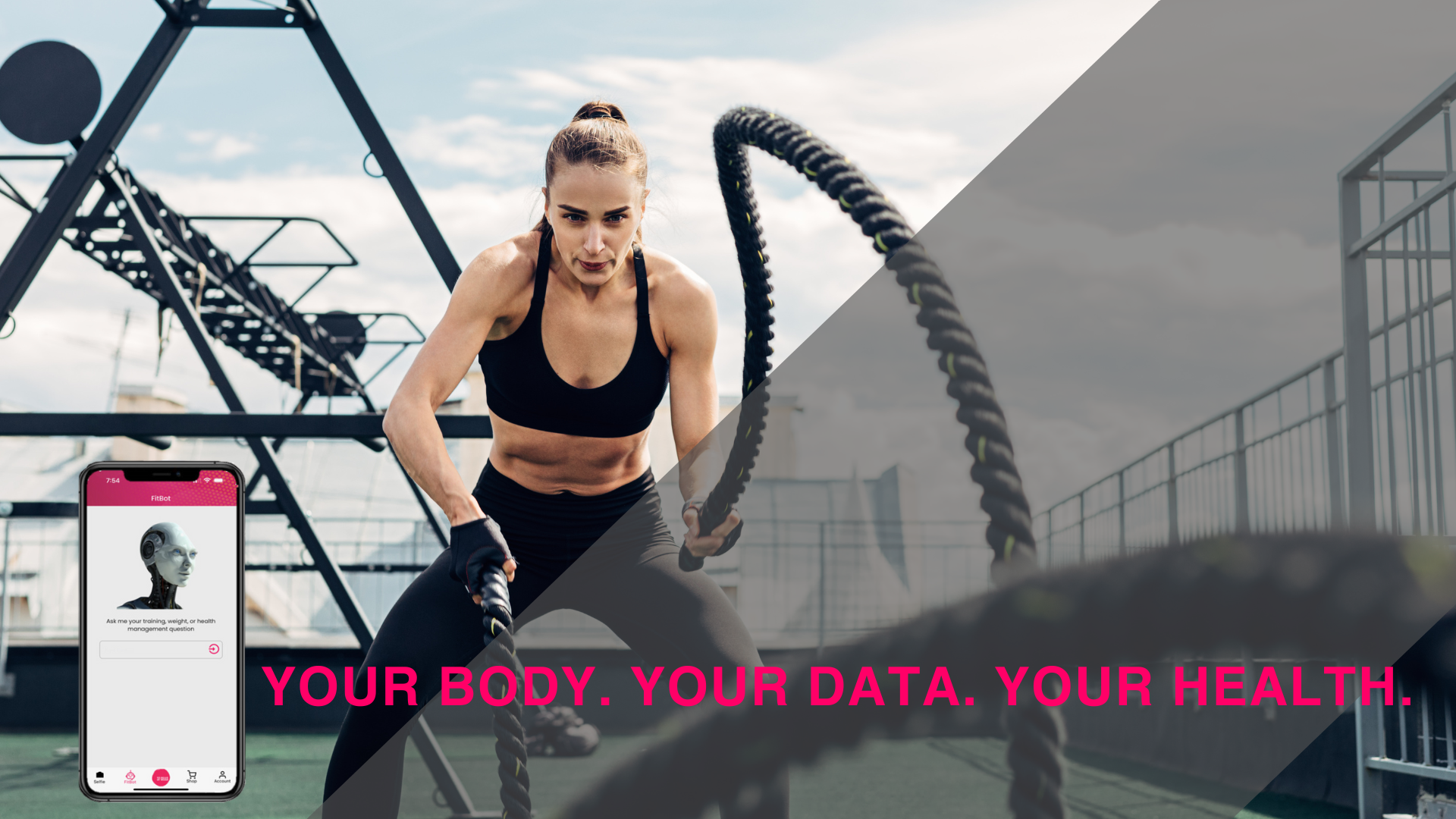AI or Artificial intelligence has emerged as a revolutionary force in various industries, and perhaps one of its most profound impacts can be seen in the field of health and fitness. As technology continues to advance, AI is increasingly integrated into healthcare and wellness, offering a wide range of benefits that not only enhance individual well-being but also transform the healthcare industry.
The value of AI in health and fitness is undeniable as it empowers both healthcare professionals and individuals to make more informed decisions, improve patient outcomes, and enhance overall well-being. From enhanced diagnostics to personalised treatment plans, preventive care, and lifestyle management, AI is transforming the healthcare landscape.
In this article, 37CELLS is exploring the multifaceted value of AI in health and fitness and what it means for overall lifestyle management.
Enhanced Diagnostics
AI has significantly improved the diagnostic capabilities of healthcare professionals. One of the most notable applications is medical imaging. AI algorithms can analyse medical images, such as X-rays, MRIs, and CT scans, with remarkable precision and speed. For instance, deep learning models can identify anomalies in images that might be missed by even the most skilled radiologists. This not only leads to earlier disease detection but also reduces the potential for human error.
Furthermore, AI-powered diagnostic tools can analyse large datasets of patient information, including medical records, genetic profiles, and lifestyle factors. By processing this vast amount of data, AI can identify patterns and risk factors, enabling healthcare providers to make more accurate diagnoses. For example, IBM’s Watson for Oncology uses AI to assist oncologists in diagnosing and recommending personalized treatment plans for cancer patients based on their medical history and genetic information.
Personalised Treatment Plans
AI’s ability to process vast amounts of data and generate insights extends to the realm of personalised treatment plans. Healthcare is increasingly moving towards an era of precision medicine, where treatments are tailored to individual patients’ needs and AI plays a crucial role in achieving this goal.
When a patient’s medical information is fed into AI systems, they can analyse the data to determine the most effective treatment options. This includes considering factors like the patient’s genetics, medical history, and responses to previous treatments. AI-driven decision support systems can help doctors make informed decisions about medication dosages, surgical procedures, and even lifestyle recommendations.
Moreover, AI enables continuous monitoring of patients’ conditions. Wearable devices and remote monitoring tools can track vital signs and collect data in real-time. This data is then processed by AI algorithms to detect any deviations from the norm, alerting healthcare providers to potential issues before they become critical. This proactive approach not only improves patient outcomes but also reduces the burden on healthcare facilities.
Preventive Care
Preventive care is a cornerstone of modern healthcare, and AI contributes significantly to its advancement. By analysing data from various sources, including wearable devices, electronic health records, and lifestyle apps, AI can identify risk factors for chronic diseases and provide personalized recommendations for preventing them.
For instance, an AI-driven health app can analyse a user’s diet, exercise habits, sleep patterns, and other lifestyle factors to offer personalized advice on maintaining a healthy lifestyle. These recommendations can range from dietary adjustments to exercise routines, helping individuals make informed choices to reduce their risk of conditions like diabetes, heart disease, and obesity.
In addition, AI can predict disease outbreaks and epidemics by analysing population-wide data, including travel patterns, environmental factors, and disease transmission dynamics. This information can help public health agencies take proactive measures to contain the spread of diseases and protect communities.
Lifestyle Management
AI is not limited to healthcare settings but also extends its value to personal lifestyle management. Numerous fitness and wellness apps leverage AI to provide users with tailored guidance for achieving their health and fitness goals.
Fitness trackers and smartwatches, for example, use AI algorithms to monitor physical activity, heart rate, and sleep patterns. They can provide real-time feedback and suggestions for optimizing workouts, improving sleep quality, and managing stress. These devices empower users to take charge of their health and well-being by offering personalized insights and motivation.
Moreover, AI-driven chatbots and virtual health assistants are becoming increasingly common. These digital companions can provide users with information on various health topics, answer questions, and offer emotional support. They are available 24/7, making healthcare information and guidance accessible whenever needed.
Ethical and Privacy Considerations
While AI holds immense promise in health and fitness, it also raises important ethical and privacy concerns. The collection and analysis of personal health data, especially when combined with genetic information, can be invasive. It is crucial to establish robust data protection regulations and ensure that individuals have control over their data.
Additionally, the use of AI in healthcare introduces questions about the potential for bias in algorithms and decision-making. If AI systems are not trained on diverse and representative datasets, they may perpetuate existing healthcare disparities. It is imperative to address these biases to ensure equitable access to AI-powered healthcare solutions.
As we continue to embrace AI in healthcare, it is essential to strike a balance between innovation and ethical considerations. Privacy, data security, and fairness in AI algorithms must be at the forefront of our efforts to harness the full potential of AI in health and fitness. By addressing these challenges, we can ensure that AI remains a powerful tool for improving the quality of healthcare and promoting healthier lifestyles for all.
37CELLS
37CELLS is a pioneering health and fitness app that enables users to synchronise data from various wearable devices, compare their performance with others, and calculate their health ages. With innovative features such as the AI FitBot, 37CELLS continues to redefine personalized wellness experiences by leveraging cutting-edge technology and user-centric design. You can download the free 37CELLS app and access AI FitBot right away to transform the way you approach fitness with individualised recommendations for nutrition, workout routines, and training plans.
Here’s what 37CELLS FitBot can do for you
- Comprehensive Analysis: The AI FitBot examines an extensive array of data points, including stress levels, sleep quality, physical activities, and live weather conditions, to provide holistic recommendations.
- Personalized Nutrition: Tailored dietary recommendations based on individual goals, health status, and DNA analysis offer users a nutrition plan optimized for their needs.
- Customized Workouts: The AI FitBot devises workout routines based on user preferences, fitness levels, and DNA insights, ensuring that every workout session is purposeful and effective.
- Training Plans: With a user’s complete profile in mind, the AI FitBot designs comprehensive training plans that adapt over time to achieve the best results.
- DNA Integration (Upcoming): By integrating DNA data, the AI FitBot will soon provide unparalleled personalization, tailoring recommendations to a user’s genetic predispositions.
Download the 37CELLS app today from the Apple Store and Google Play Store or visit www.37cells.com



